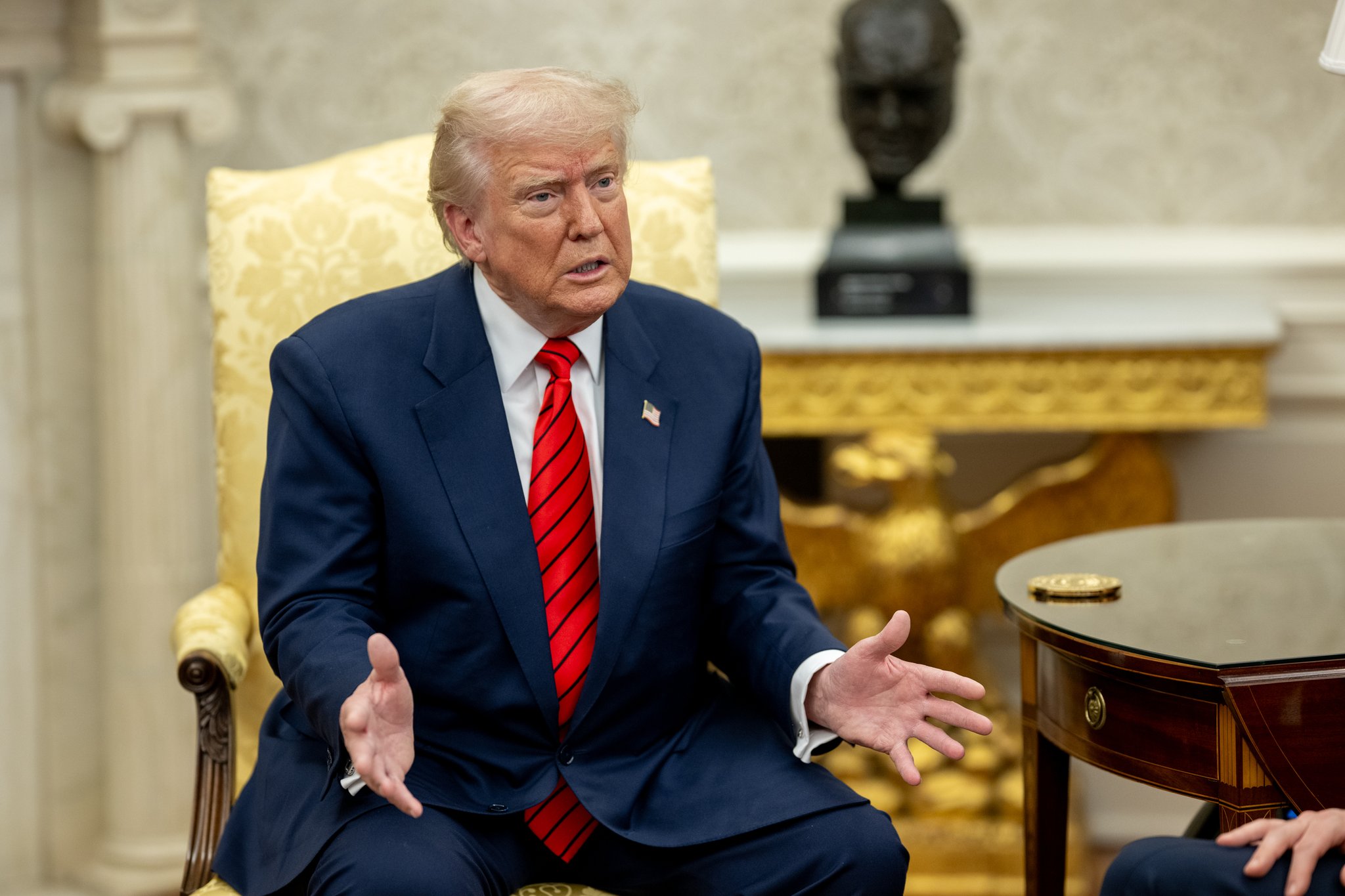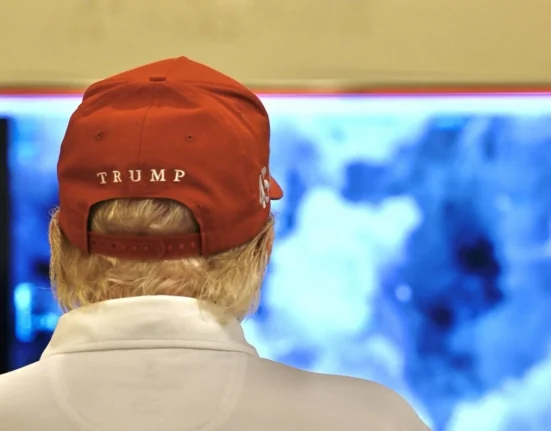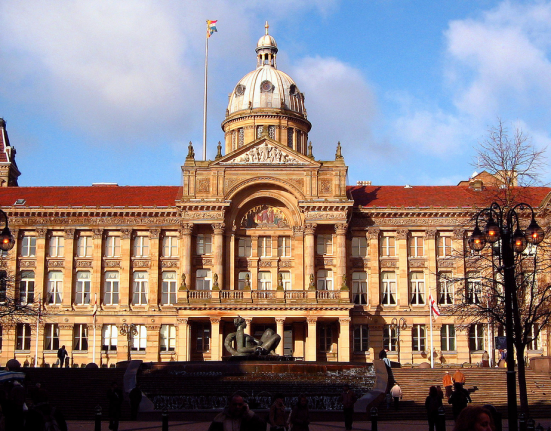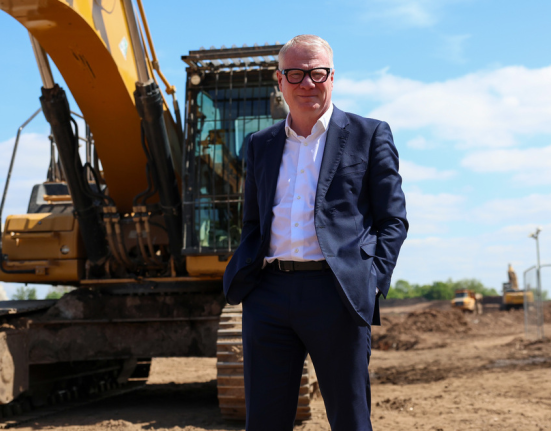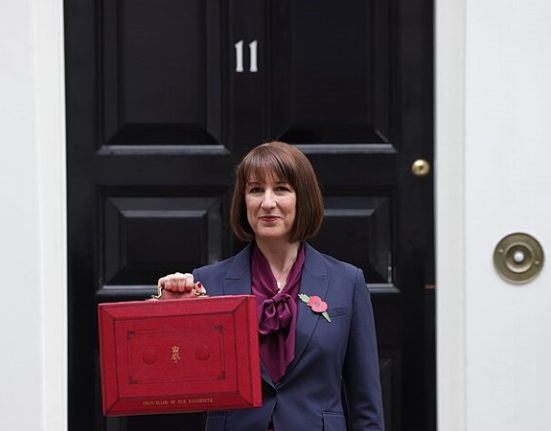Donald Trump is preparing an executive order to stockpile critical minerals from the Pacific seabed – a bold geopolitical move aimed at breaking China’s dominance in battery and rare earth supply chains.
The plan involves extracting “polymetallic nodules” containing nickel, cobalt, copper and manganese, which are vital for electric vehicles, defence systems and green tech.
The move marks a dramatic escalation in the US-China resource standoff. Trump’s administration is now treating the seabed as a new frontier in economic and military rivalry, hoping to fast-track US mining permits and build strategic reserves to guard against future supply shocks.
Why it matters to the WM region
This mineral race could have major implications for the region’s manufacturing heartlands. The West Midlands is home to the UK’s largest automotive cluster outside London and the South East, and companies like JLR and Aston Martin are rapidly transitioning to electric vehicle production. These firms rely on global supply chains for battery-grade metals – and the disruption or reshuffling of those chains due to US stockpiling or Chinese retaliation could directly affect production costs and competitiveness.
There’s also a potential opportunity: if the UK forges closer ties with the US on mineral security or deep-sea mining tech, West Midlands firms in engineering, robotics and supply chain logistics could find themselves in demand.
Still, environmental and legal concerns remain. The US hasn’t ratified key international treaties governing seabed activity, and global calls for a moratorium on deep-sea mining are growing louder.
As the world edges closer to a resource cold war, the West Midlands – with its industrial backbone and green ambitions – finds itself on the edge of a geopolitical fault line. The next global supply shock might start not on land, but thousands of metres beneath the sea.

